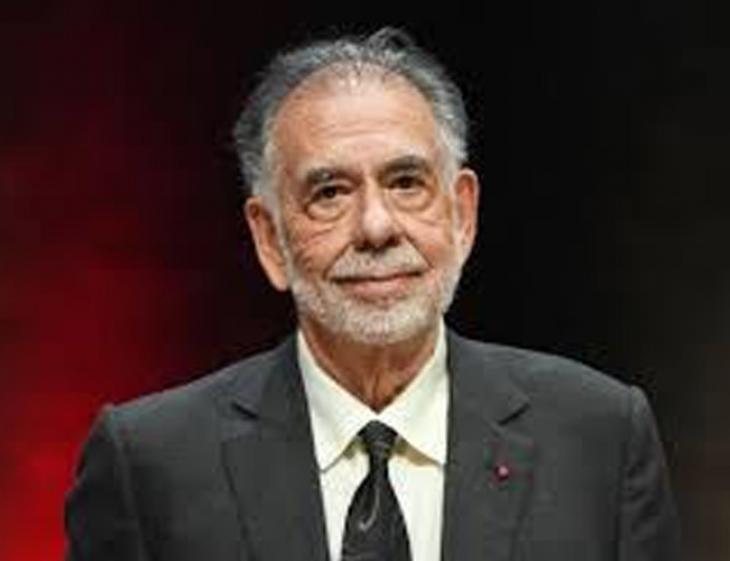
By Publisher Ray Carmen
Francis Ford Coppola, the legendary auteur behind The Godfather trilogy and Apocalypse Now, is best known for reshaping American cinema. But beyond the chiaroscuro-lit rooms of New York mob bosses and the steaming jungles of Vietnam, Coppola has long held a quieter passion—his connection to the Caribbean, a region that has inspired, hosted, and nourished his creative soul in ways less publicized, but no less profound.
A Caribbean Hideaway
Coppola’s most tangible link to the Caribbean is through his luxury resorts in Central America and the Caribbean basin. Among the jewels in his hospitality crown is Turtle Inn, nestled on the shores of Placencia, Belize. Purchased and restored by Coppola in the early 2000s after a hurricane left the original property in ruins, the Turtle Inn is a Balinese-Caribbean fusion paradise—a retreat not just for holidaymakers, but for Coppola himself.
This Belizean escape isn’t just a business venture—it’s personal. Coppola has spoken of writing and editing scripts while staying in the region, particularly enjoying the peace and creative inspiration the natural surroundings offer. With the sea lapping nearby and a glass of wine in hand—often from his own Napa Valley vineyards—he taps into a quieter, more elemental storytelling rhythm.
From Celluloid to Sugarcane
Coppola’s Caribbean connection isn’t only rooted in real estate—it extends into rum. An aficionado of fine spirits, he has been a known supporter and celebrator of Caribbean rum culture. Whether sipping aged Guatemalan rums or Caribbean blends at his resorts, Coppola’s palate and brand both dance in harmony with the spirit of the islands. It’s in line with his approach to film—bold, full-bodied, and with a long, lingering finish.
Caribbean Echoes in His Cinema
Though Coppola never explicitly set a major film in the Caribbean, its atmospheric influence looms subtly. Apocalypse Now, filmed in the Philippines, echoes the tropical fever dream of many Caribbean locales—lush, humid, otherworldly. His ability to conjure heat, sweat, and the intensity of nature could easily translate to the Caribbean’s unique sensorial presence.
One might also find quiet parallels between the family dynamics in The Godfather and the complex, matriarchal societies found throughout the Caribbean. Loyalty, legacy, and land—all recurring themes in Coppola’s work—resonate deeply within Caribbean culture and history.
A Cinematic Citizen of the World
Coppola’s Caribbean involvement exemplifies his larger-than-life vision—not just as a filmmaker, but as a cultural curator and experiential architect. His resorts, infused with personal touches (a hand-picked library here, an original script framed there), offer guests a glimpse into his mind. In places like Belize, the Caribbean isn’t just a backdrop—it’s a character, an influence, a muse.
In closing, Sir Francis Ford Coppola, though not a Caribbean native, has undeniably woven the region into his creative and personal tapestry. Whether sipping rum under the stars in Belize or editing scripts to the rhythm of the tide, the Caribbean remains a subtle, sun-soaked thread in the rich fabric of his legacy.




